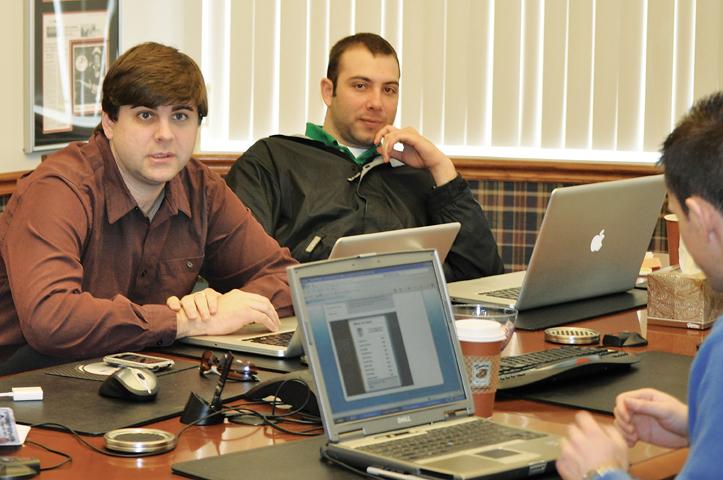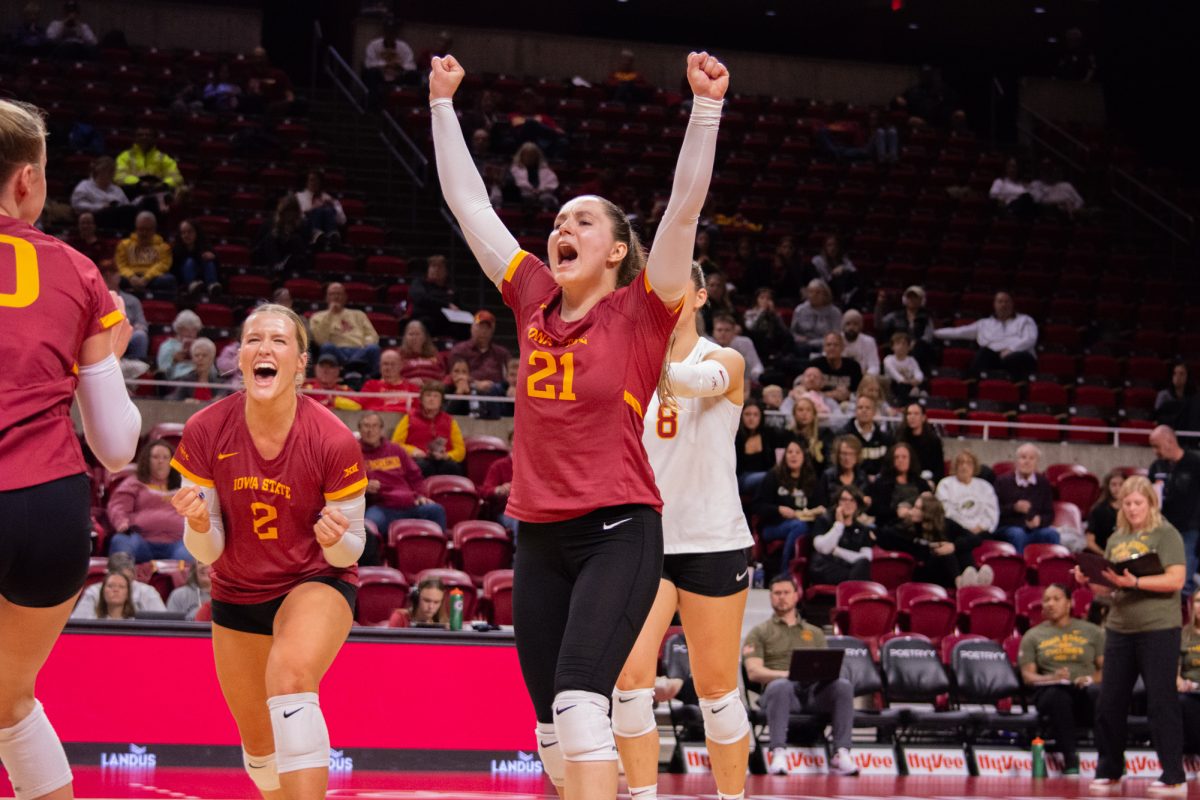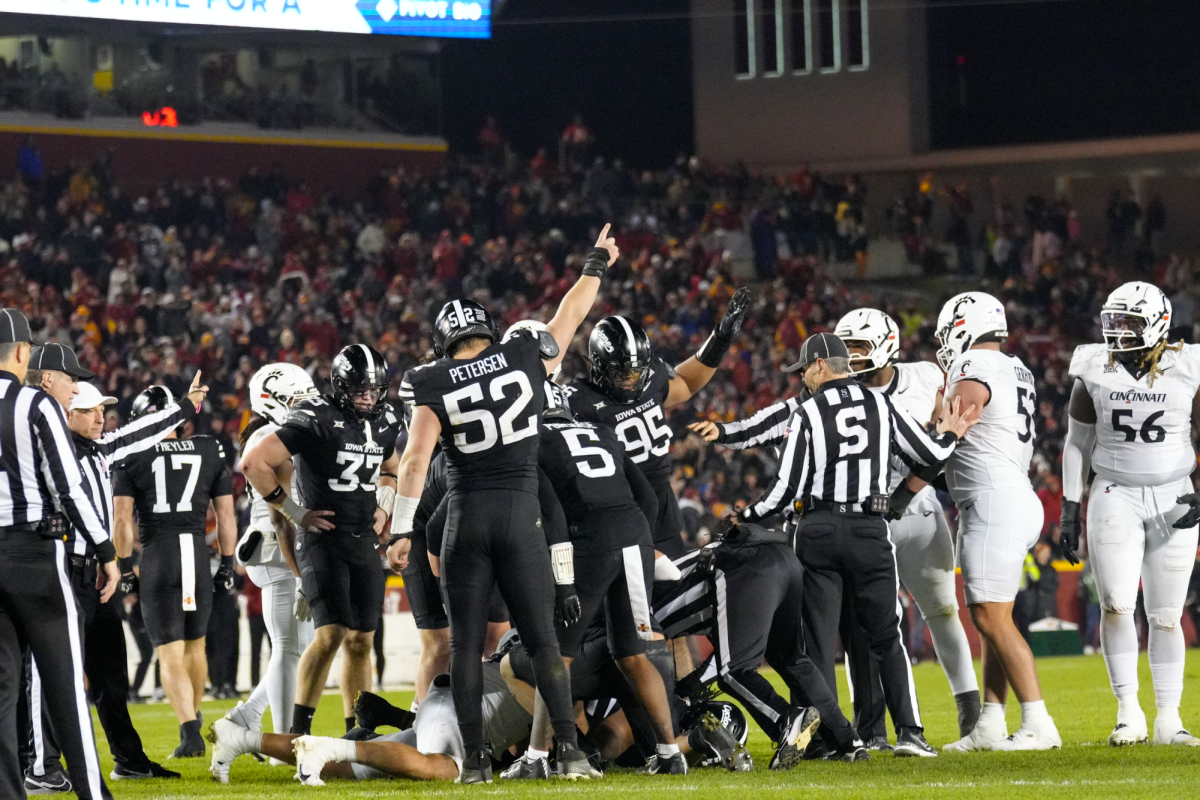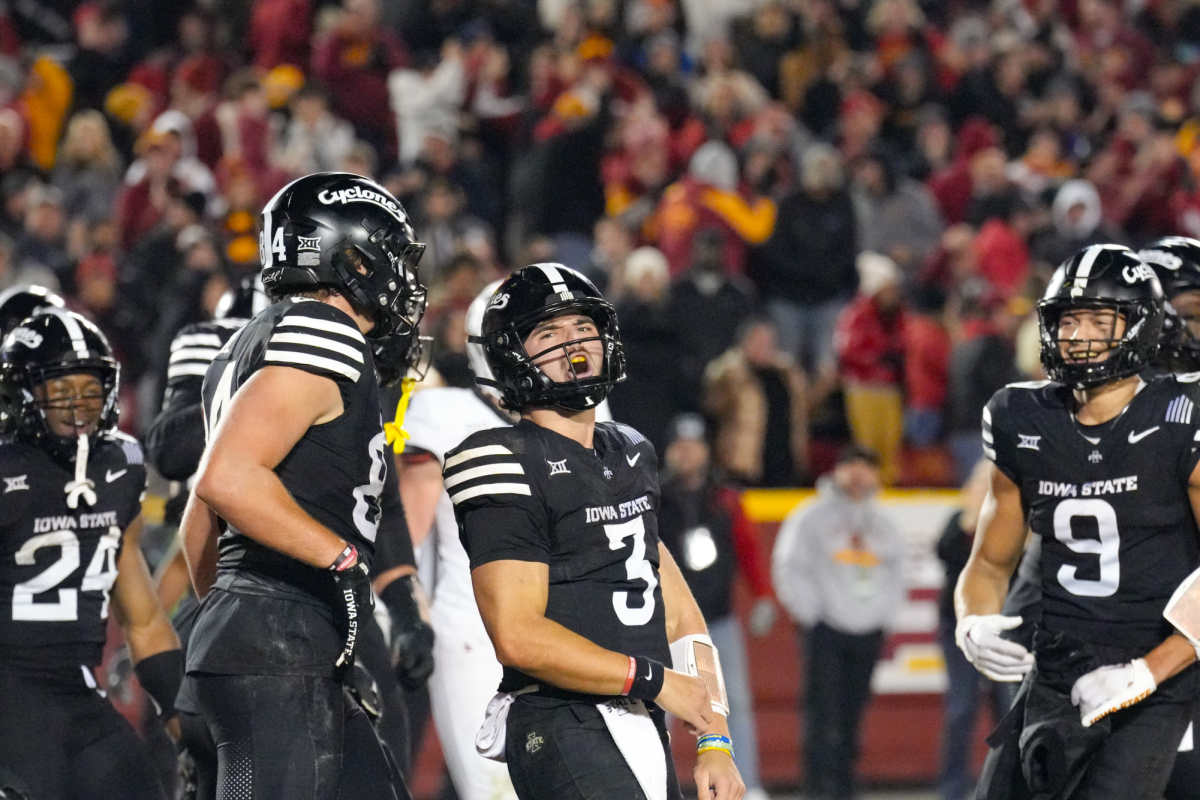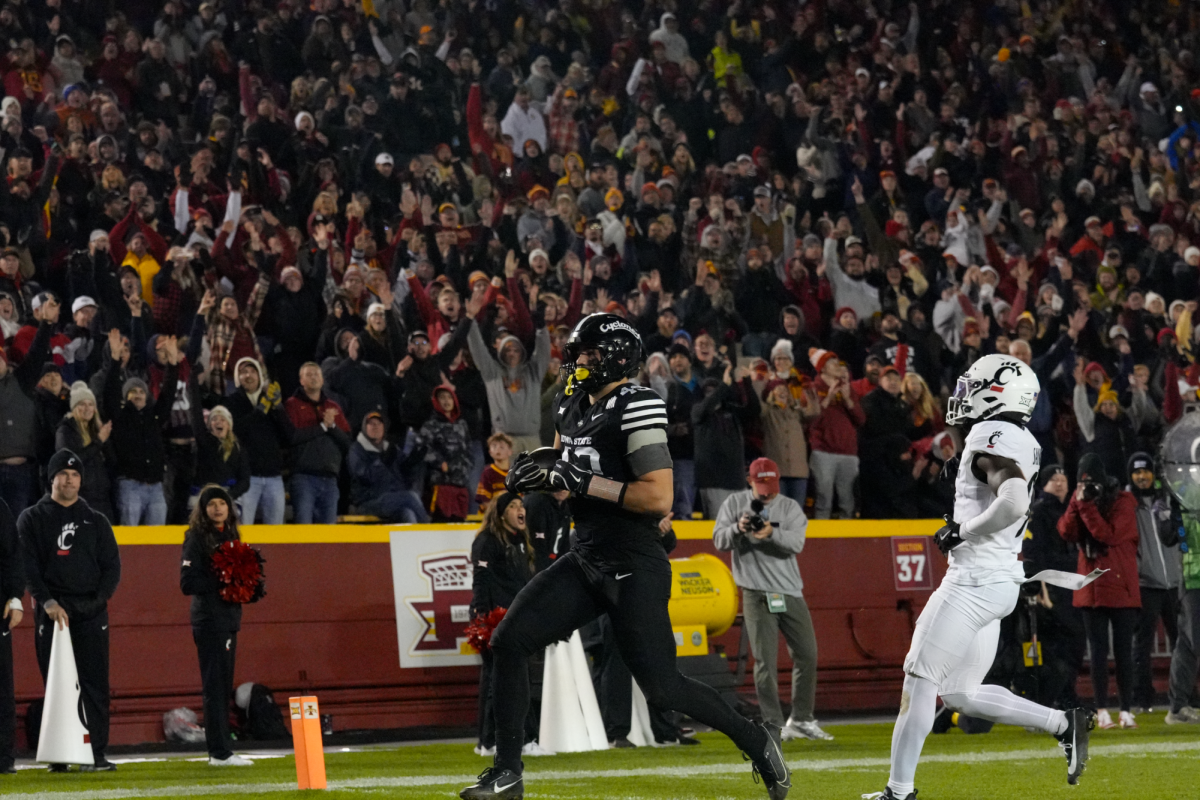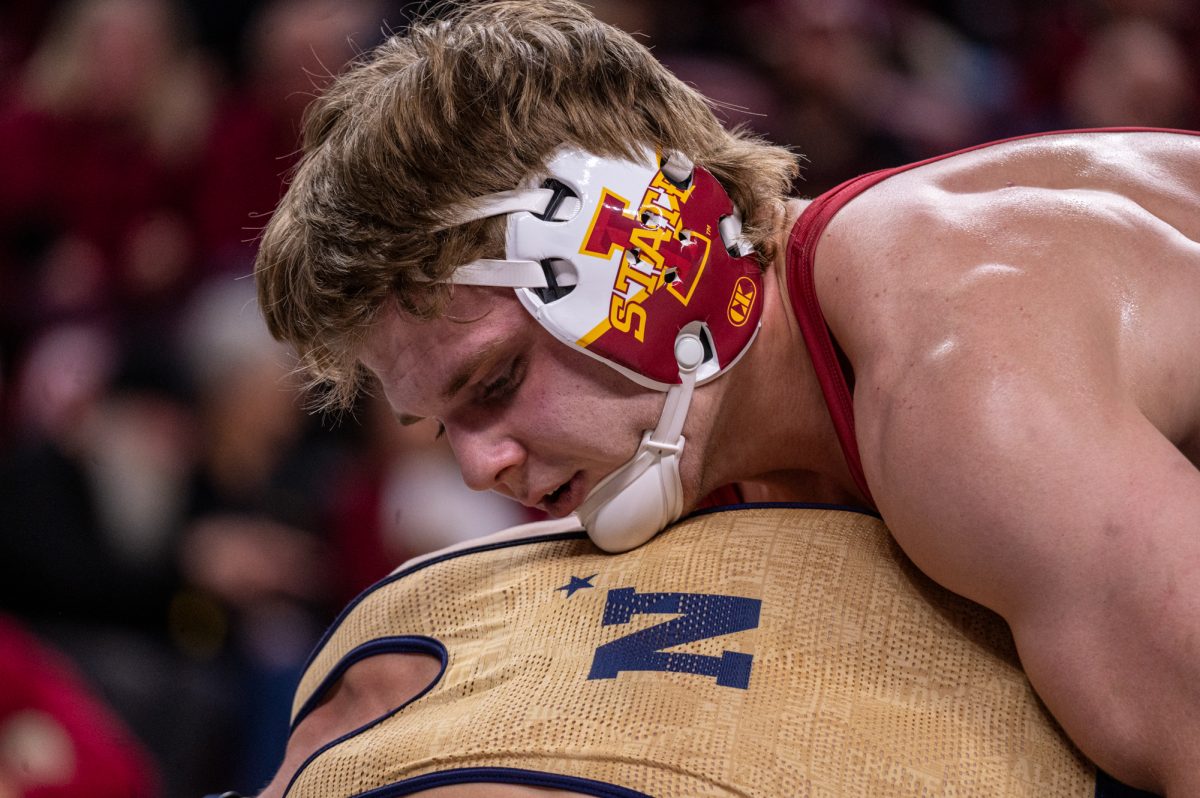Startup Weekend helps students build skills
Jon Thompson and Brad Dwyer work on a new venture for Startup Weekend.
February 6, 2011
“I wish I had thought about this stuff when I was in college,” Shane Reiser said. “I was just doing my tests, doing my papers. I didn’t think about this stuff, and when I graduated, I started thinking, ‘Wow, I should start a company.’ I had so much time in college, and there was no risk. Nowadays if I start to build a company, I still have to pay my bills. College would have been such a great time to do stuff.”
Reiser is the Chief Operating Officer of Startup Weekend, a non-profit organization based out of Seattle, Washington, that holds over 130 events annually in over 35 countries and gives aspiring entrepreneurs the opportunity to act on their ideas.
In the time span of 54 hours, all types of people come together to try to make things happen.
“We provide the environment for people to get together, to talk openly about their ideas, to connect and spend the weekend in a high energy creative environment,” Reiser said, “but we empower teams to figure all this stuff out themselves. It’s all about the start-up experience.”
Attendees of Startup Weekend are presented with the challenge to actually build a functioning prototype over the weekend and have it launched by their presentation on Sunday.
They have the opportunity to pitch their ideas and form teams around the most viable options. They are given Friday night, all day Saturday and part of Sunday to create their ideal start-up. At the end, teams present their accomplishments to a panel of local entrepreneurs, business people and investors.
“We pitch Startup Weekend as co-founder dating,” Reiser said. “All of these people have an idea, but they need a developer to build a website for them. How do you find someone like that? Or a developer can build a product, but they don’t have a business background, so they can’t sell the product or market the product. It’s a great way to match-make co-founders.”
After the weekend, teams can continue with their venture. 30 percent of the start-ups created at Startup Weekend still operate three months after the initial weekend, and 10 percent go on to get funded or earn revenue.
“But that’s not the main value in Startup Weekend,” Reiser said. ” It’s bringing the community together in new ways. It gets people talking to people they would have never met before.”
Designers, developers, marketers and other attendees spend 54 hours in one room, getting excited about entrepreneurship, and 85 percent of the people that attend a Startup Weekend stay in contact with their teammates.
Brad Dwyer, a previous Iowa State student, participated in Startup Weekend Des Moines last year after he already had his own start-up, called Hatchlings. What started out as Dwyer’s weekend dorm project is now a career and a Facebook phenomenon with 3.5 million users.
Upon stumbling on to the Startup Weekend website, Dwyer found himself compelled to participate. Dwyer had pitched his own idea Friday night but ended up on a team working on a venture he describes as “X-box Live Achievements for your Life.”
“It was a really fun weekend,” Dwyer said. “I was basically the whole technical team and got the first version up and running over the weekend. By the time we presented on Sunday, we had over 1000 users and $50 in revenue. Not bad for a weekend project.”
Dwyer’s main objective was to meet people, which he feels he did successfully. He is still in contact with several of the people he met at the event.
“I think most people could get a lot out of Startup Weekend,” Dwyer said. “It’s not just for the business types; the weekend works a lot better when you have teams made up of diverse people. One thing that was largely absent on our team was a graphic designer, and it would have been hard to churn out a project without having an engineer.”
Student involvement is key with Startup Weekend. This is a chance for students to participate in what Reiser describes as high impact, experiential, entrepreneurship education. The event is open to the public and needs all levels of people.
“We want anybody who has an idea to come,” Reiser said. “We want anybody who doesn’t have an idea, but maybe is thinking about entrepreneurship, and they like the idea of a start-up, and they have a skill, what ever it is — design, developing, marketing, business, whatever, and they want to contribute to come out. People may not end up founding a company, but they will make some amazing connections.”
Reiser finds that several students are getting hired and landing internships after the weekend and gives credit to the everyday community members that participate. With the most famous start-ups being created by college students, such as Facebook and Napster, Reiser also finds that this is the best time for students to be involved in entrepreneurship.
Because of Reiser’s passion for Startup Weekend, he is offering nine scholarships strictly for Iowa State students to participate in the March 4 to 6 event. The scholarship covers the registration fee, which pays for seven meals over the course of the weekend.
Reiser said this is an event where all skills are valuable and said it’s great for networking and that the event is all about creation, but with mentors available for one -on-one guidance for the final pitches.
“There is a big knowledge share that happens,” Reiser said of Startup Weekend Des Moines.


